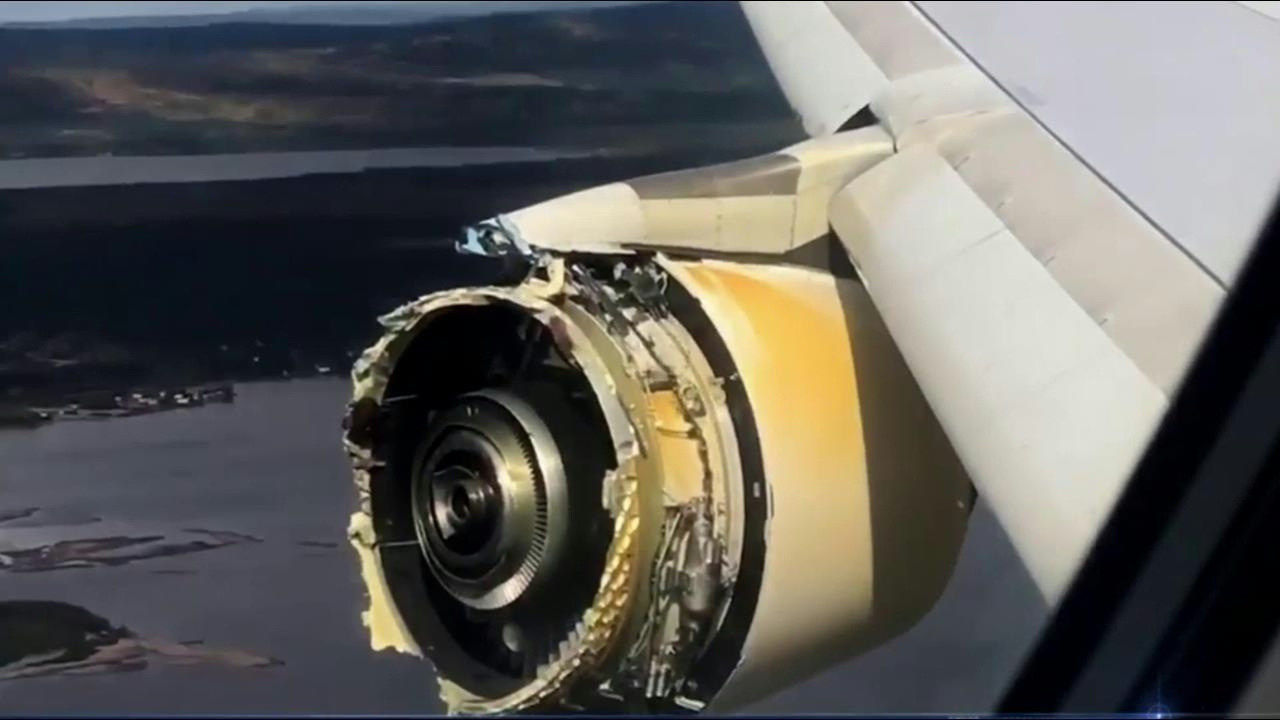AeroGenie — Your Intelligent Copilot.
Trending
Categories
Airbus A380s Face Mechanical Failures Midflight

Airbus A380s Confront Mechanical Failures Amid Rising Air Travel Demand
The Airbus A380, once celebrated as the world’s largest and most luxurious commercial aircraft, is increasingly presenting significant maintenance challenges for airlines as international travel surges post-pandemic. Major carriers including Qantas, Singapore Airlines, Lufthansa, Emirates, and British Airways have reintroduced the superjumbo into service, only to encounter a growing number of technical issues, costly repairs, and supply chain disruptions coinciding with record-high global air travel demand.
Escalating Technical and Regulatory Challenges
Since 2020, the Airbus A380 has been subject to 95 airworthiness directives issued by the European Union Aviation Safety Agency (EASA), nearly twice the number imposed on comparable Boeing aircraft during the same period. This heightened regulatory scrutiny reflects the difficulties airlines face after extended storage of A380 fleets in desert and remote locations throughout the pandemic. Prolonged inactivity has contributed to a range of mechanical problems, including cracked seals, ruptured landing gear axles, and leaking escape slides.
Recent operational disruptions highlight the severity of these issues. On May 7, a Qantas A380 en route from Sydney to London was forced to make an unscheduled stop in Singapore due to a fuel pump failure, resulting in a delay exceeding 24 hours. Further mechanical complications caused additional delays for another Qantas A380 in July, while a separate aircraft sustained damage from an aerobridge incident in Sydney, complicating repair efforts.
The A380’s immense size and technical complexity further complicate maintenance. Lufthansa Technik estimates that a single comprehensive inspection can demand up to 60,000 man-hours. Airlines are compelled to transport their A380s across continents—from Dresden to Manila and China—in search of available maintenance facilities, placing additional strain on the global maintenance, repair, and overhaul (MRO) sector. EASA acknowledges the unique challenges posed by the aircraft’s scale but cautions against interpreting the volume of airworthiness directives as a sign of diminished safety.
Market Pressures and Strategic Responses
These persistent maintenance challenges arise amid intensifying competition within the aviation industry. Airlines face increased regulatory scrutiny and mounting pressure to maintain operational reliability, especially as competitors like Boeing promote their aircraft as more dependable alternatives. Some carriers have already shifted engine preferences, favoring General Electric’s GEnx engines over Rolls-Royce’s Trent 1000 due to concerns over long-term reliability. Additionally, high component costs and ongoing tariff uncertainties complicate Airbus’s market position, prompting some airlines to reconsider fleet strategies and delay acceptance of new aircraft deliveries.
Despite these obstacles, airlines remain committed to the A380. British Airways plans a comprehensive interior refurbishment of its fleet beginning next year, while Emirates—the largest operator of the type—intends to keep the aircraft in service through the end of the decade. Qantas reports that all its A380s have recently undergone major maintenance and cabin upgrades, reaffirming their integral role in its international operations. However, some operators, such as Asiana Airlines and Korean Air, have declined to comment on their A380 activities, citing regulatory restrictions.
With alternatives like the Airbus A350 in limited supply and Boeing’s 777X still awaiting certification, airlines currently have few immediate options. As the future of the A380 remains uncertain, the industry faces complex decisions regarding fleet reliability, cost management, and long-term strategic planning.

Emirates Unveils Cabin Design for New Boeing 777X

Eighteen Years On, the Airbus A380 Remains Central to a $34 Billion Airline

How a boom in luxury airline seats is slowing down jet deliveries

Navitaire Outage Attributed to Planned Maintenance

DigiYatra Debuts Outside Aviation at India AI Impact Summit

Vietnam Orders Strengthen Boeing’s Commercial Outlook

Airbus Signals Uncertainty Over Future A400M Orders

JobsOhio Awards $2 Million Grant to Hartzell Propeller for Innovation Center

Collins Aerospace Tests Sidekick Autonomy Software on YFQ-42A for U.S. Air Force CCA Program

How the Airbus A350-1000 Compares to the Boeing 777
